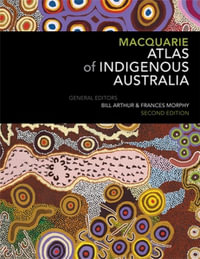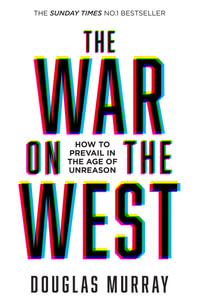In this third edition of his widely acclaimed survey, historian Randall D. Law makes sense of the history of terrorism by examining it within its broad political, religious and social contexts from the ancient world to the present day. In Terrorism: A History, Law reveals how the very definition of the word has changed, how the tactics and strategies of terrorism have evolved, and how those who have used it have adapted to revolutions in technology, communications, and political ideologies.
Terrorism: A History extensively covers topics as wide-ranging as jihadist violence, state terror, the Israeli/Palestianian conflict, Northern Ireland, anarcho-terrorism, and racist violence, plus lesser-known movements in Uruguay and Algeria, as well as pre-modern uses of terror in the ancient world, medieval Europe, and the French Revolution.
This brand-new revision edition features up-to-the-moment analysis of:
• The state of al-Qaeda, its franchises, and global jihad today
• New incarnations of far-right extremism, including the Oathkeepers, Proud Boys, and conspiracy theorists
• The continuing presence of religiously inspired terrorism in North America and across the world
Law’s expert analysis also includes updated and expanded chapter bibliographies, even more scholarly citations, and a new conclusion exploring the future of terrorism. Terrorism: A History remains the go-to book for those wishing to understand the real nature and importance of this ubiquitous phenomenon.
Industry Reviews
“Professor Law updates his analysis of terrorism and political violence from the ancient world to the present. He identifies how methods have changed but one constant is extremists’ belief that terrorism is necessary to achieve their goals. This is a comprehensive reference for a better understanding of all aspects of terrorism.”
Colonel Ed Rowe, US Army (Ret.); Combating Terrorism Office of the Secretary of Defense (Ret.)
“Law’s Terrorism: A History is a comprehensive, clear, and concise exposition of terrorism’s extended history and complex contexts. It is indispensable reading for anyone seeking an excellent overview of the phenomenon, as well as an even-handed primer on continuing conflicts.”
Lynn Patyk, Dartmouth College
























